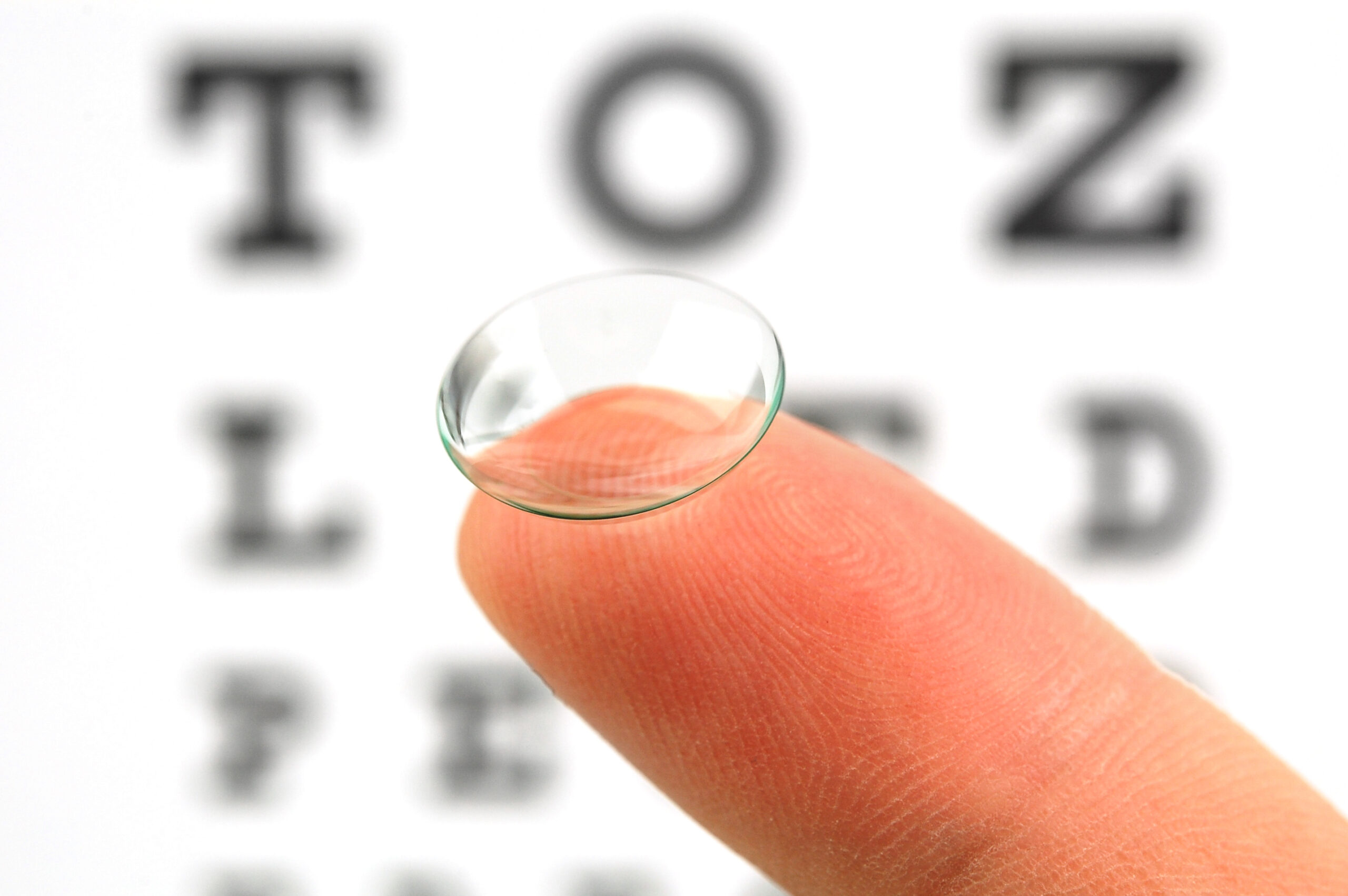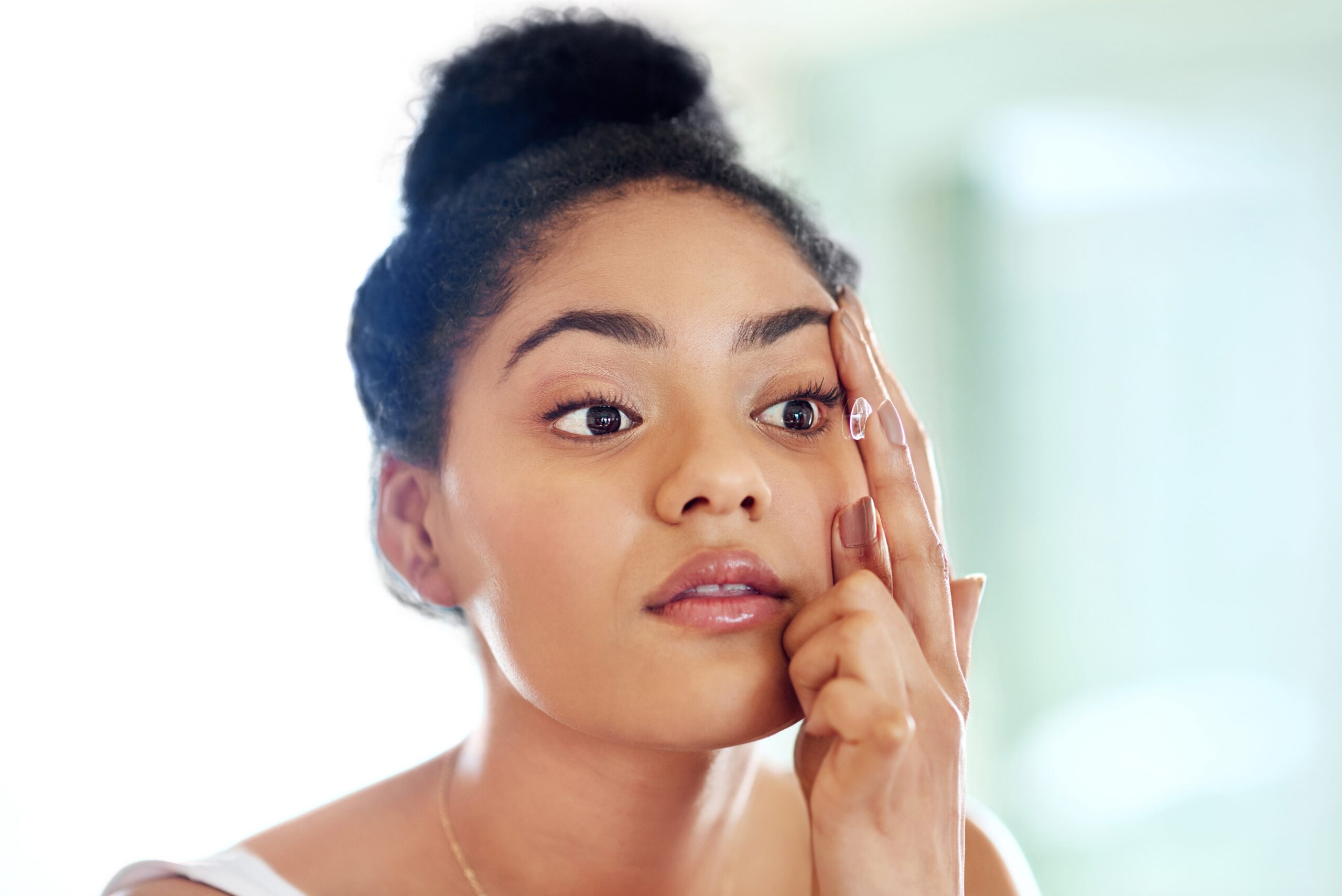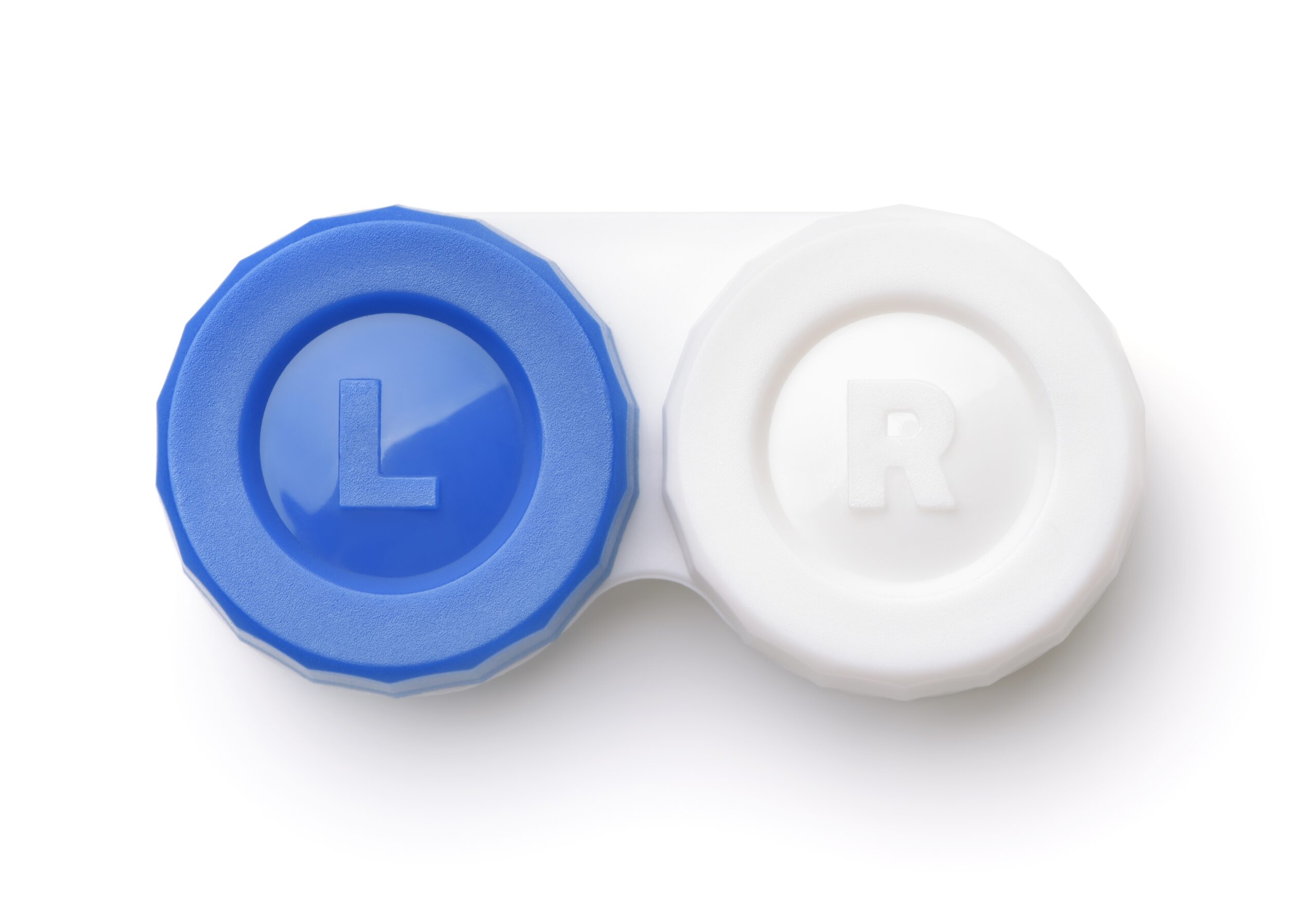Contact lenses provide clear vision and convenience for millions of people. However, they require proper hygiene and care to keep your eyes healthy.
Wearing contact lenses comes with some risks if not cared for properly. It’s important to follow the cleaning and storage instructions from your eye doctor, as well as replace your lenses as directed.
Proper hygiene when inserting and removing contact lenses is also essential to avoid eye infections and irritation. Keep reading to learn more about contact lenses, including the do’s and don’ts for proper contact lens hygiene!
How Do I Get Contact Lenses?

Before learning about proper hygiene and care, you first need to get contact lenses. Contact lenses require a valid prescription from an eye doctor.
Your eye doctor will examine your eyes, evaluate your vision needs, and determine if contact lenses are right for you. If you are fit for contacts, your eye doctor will prescribe the specifics, including the lens brand, power, material, and replacement schedule.
With your prescription, you can purchase lenses from your eye doctor’s office. Be sure to follow your eye doctor’s recommendations and get properly fitted lenses.
Once you have your contact lenses, you’ll need to learn and follow the proper hygiene, insertion, removal, disinfecting, and storage procedures.
The Do’s of Contact Lens Hygiene
Proper contact lens hygiene begins with the simple dos. By making these positive habits part of your daily lens care routine, you can keep your eyes healthy and your vision crisp and clear.
Wash Your Hands
Always wash your hands thoroughly with soap and water before handling your contact lenses. This removes dirt, oil, and bacteria that can transfer to the lenses and cause irritation or infection.
Rub and Rinse
Rub and rinse your lenses according to your eye doctor’s instructions each time you remove them. Rubbing helps remove protein buildup, and rinsing removes any lingering debris.
It also disinfects the lenses so they are extra clean.
Use Fresh Solution
Discard old lens solution and use fresh, unexpired disinfecting solution every time you store your lenses. Old solution becomes less effective and can harbor bacteria, so you will want to start with fresh solution every time you store your lenses.
Store Properly
Always store lenses in the proper storage case with fresh solution when not wearing them. It’s important to remember to never store lenses in water.
 Replace Cases
Replace Cases
Remember to replace your lens cases every three months or as recommended by your eye doctor. These cases can build up bacteria over time, increasing the chances of infection.
Give Your Eyes a Break
Give your eyes a break by removing your lenses for six to eight hours each day. For most people, this is when they sleep at night, but it can be any time during the day.
This allows oxygen to reach the eyes and reduces irritation. You may want to wear your glasses occasionally for a full day to let your eyes breathe as well.
See Your Eye Doctor
Have regular exams with your eye doctor to check for proper fit, prescription, and eye health.
The Don’ts of Contact Lens Hygiene
Just as important as the do’s are the don’ts of proper contact lens hygiene. Certain behaviors and mistakes can significantly increase your risks of eye infections, irritation, and other complications from contact lenses.
Don’t Sleep in Lenses
Unless approved by your eye doctor, don’t sleep or nap in your contact lenses. This deprives the eyes of oxygen and increases infection risk.
Don’t Swim in Lenses
Avoid swimming, hot tubs, or other water activities while wearing lenses. The water can carry organisms that lead to difficult eye infections.

Don’t Use Saliva
Never use saliva to wet or rewet your lenses. Saliva contains bacteria that can contaminate the lenses and lead to infections or other problems.
Don’t Wear if Damaged
Inspect lenses before inserting them. Discard and replace any lenses that are torn or damaged.
Don’t Use Tap Water
Do not use tap water, distilled water, or homemade saline solution to clean, store, or rewet your lenses. Only use a sterile solution approved by your eye doctor.
Don’t Share Lenses
Sharing contact lenses with others dramatically raises the risk of eye infections and other complications. Always keep your lenses for your use only.
Don’t Overwear Lenses
Always follow the wear and replacement schedule prescribed by your eye doctor. Overwearing disposable lenses promotes irritation and infection.
Proper contact lens hygiene takes a little time and effort but is essential for clear and healthy vision. Follow these dos and don’ts to get the best performance and safety from your contact lenses.
With good lens care habits, you can successfully wear contacts for many years.
Are you interested in learning more about contact lenses? Schedule an appointment at Blaine Eye Clinic in Blaine, MN, today!


 Replace Cases
Replace Cases



